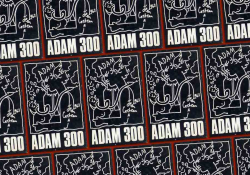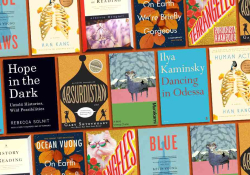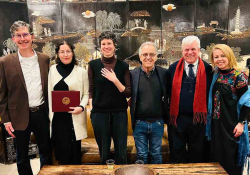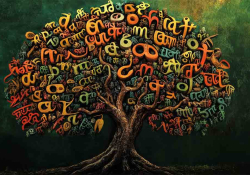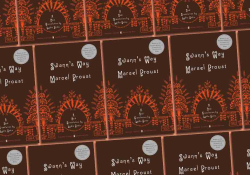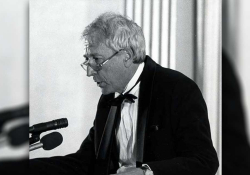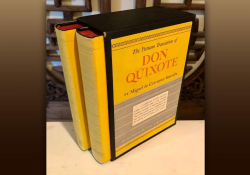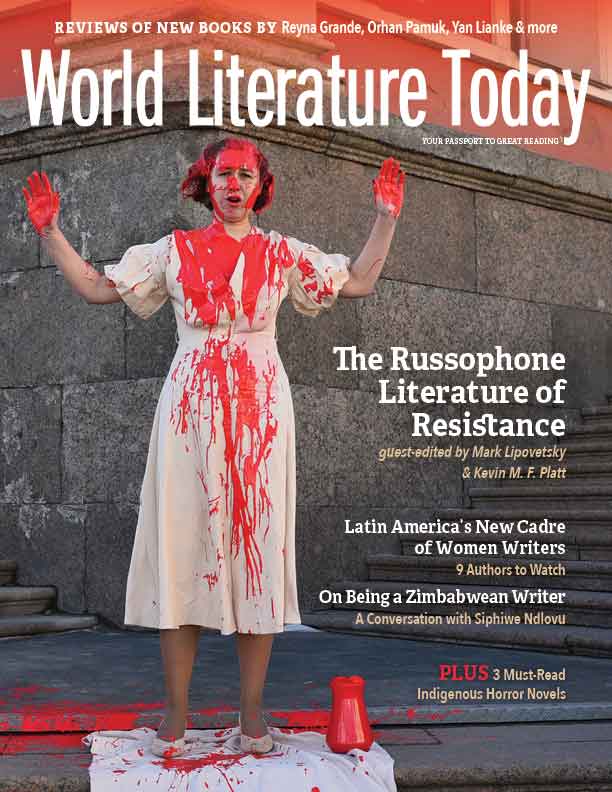50 Years Ago in These Pages

“Sohrab Sepehri (1928–1980) has presented . . . some of the best poems of contemporary Persia and established himself as an authentic Eastern poet of significance. . . . As might be expected—and as Sufis have often been accused by native and foreign progressivists—the objection made to Sepehri’s poetry is that it lacks ‘social consciousness.’ If by social consciousness is meant political involvement, the objection is well made. It should be pointed out that in contemporary Iran political involvement is exceedingly difficult if not impossible, hence the predilection on the part of modern writers for the fable, allegory, and folklore. A poet of direct vision and sensibility, Sepehri bypasses even these available modes of expression. He does not need them. Lines which appear to reveal a social consciousness go so naturally with other concerns and observations of the poet as to be inseparable from them.”
—Massud Farzan, “The Neo-Sufic Poetry of Sohrab Sepehri,” Books Abroad 47, no. 1 (Winter 1973): 85, 86

